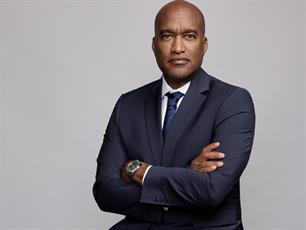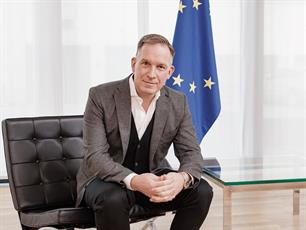Arun Sudhaman 18 Sep 2014 // 5:11AM GMT
Some of the biggest names in the Asian comms world discussed how the industry can better find and retain new types of talent, at today’s In2 Innovation Summit in Beijing.
Two sessions focused on what is perhaps the industry’s most important issue, at a time when the skills required of PR people are rapidly changing. The 2014 World Report, furthermore, revealed the extent of the global war for PR talent, which applies to both the type of people the industry needs, and the ability to attract and retain them.
Yet, a number of speakers dismissed the idea of a talent shortage, noting that there is a plentiful supply in Asia of young, passionate entry-level executives. Instead, said Emirates group VP of PR, internal comms and social media, the critical point is the mid-level.
"We get good young people and senior people," said Tan. "The missing layer is the middle. How do we keep them and stop them from becoming private bankers or going into in house roles?"
Tan was speaking on a panel chaired by MSLGroup Asia-Pacific CEO Glenn Osaki. Other panellists noted that companies must focus on some of the softer measures, beyond remuneration and other obvious benefits, if they hope to address the mid-level crunch.
P&G China communications director Liang Yun, for example, pointed out that "challenging and meaningful jobs" must be continuously offered to younger executives as the progress up the ladder, to ensure that the best talent is retained. "What really matters is the culture," added United Technologies China corporate comms director Ding Wen, noting the importance of opportunities to "continuously learn and improve themselves."
For corporates, believes Tan, the importance of a good brand — both internally and externally — is critical to effective talent retention. This becomes even more important in the millennial era, with Osaki citing MSLGroup research that reveals how the newer generation values companies that prize social responsibility.
Unsurprisingly, the topic of agency talent attracted plenty of interest, particularly in the context of its relevance to the overall client-agency relationship. "Agencies tend to good at execution," said Wen. "They can play more of a third party role, providing us with more insight and information or more of the strategic advice on that might be useful."
Ultimately, said Ogilvy PR Asia-Pacific CEO Scott Kronick in a 'lightning talk' on PR talent, the industry needs to become better at attracting 'trumpeter swans', who combine intelligence with leadership.
"Our business is changing at lightning speed and we have a huge gap in identifying the proper leaders," said Kronick. "Speed has become more important than creative brilliance."
In particular, Kronick noted that agencies must get better at inculcating a "new culture", drawing on non-traditional skills in such areas as social commerce, data and digital. "I believe PR can win in this new era," he said. "Content is king and we are the real authentic content creators."
[caption id="attachment_2961" align="alignnone" width="600"] Tomorrow's Talent lightning talk[/caption]
Tomorrow's Talent lightning talk[/caption]
 Tomorrow's Talent lightning talk[/caption]
Tomorrow's Talent lightning talk[/caption] 

































.jpg)






.tmb-135x100.jpg)










